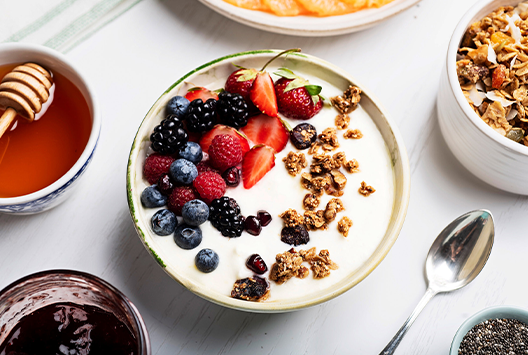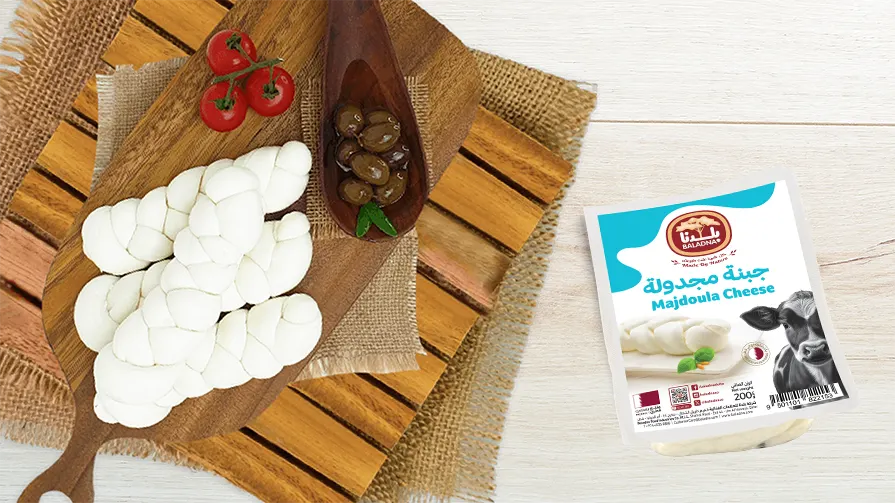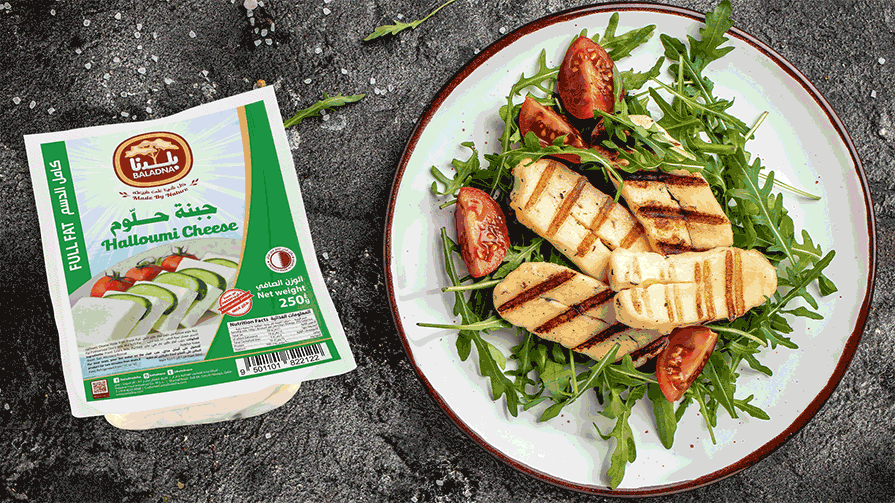
All the Good Reasons Why You Should Eat More Yoghurt
Similar
Eating well may be challenging, but it must be known that eating healthy should be enjoyable and beneficial in all the right ways. For one, you can start by eating more yoghurt.
Yoghurt is created from lactic acid-producing bacteria in cultured cream, milk, or both. Dietitians appreciate it because of its nutritional value and versatility. Read on as we learn more about the types of yoghurt, their advantages, how to choose the best one, and how to enjoy the different varieties.
The 5 main advantages of consuming yoghurt
1. Yoghurt is filling
Yoghurt is high in protein and healthy fats. Both nutrients increase satiation after 15 minutes. In one study, it was found that consuming high-protein Greek yoghurt as an afternoon snack reduced hunger, enhanced fullness, and delayed supper.
2. Yoghurt lowers the chance of developing Type 2 Diabetes
Yoghurt contains lactic acid bacteria, which may modify gut microbiota and minimize glycemic variability, or blood sugar variations. This benefit is only applicable if the yoghurt contains no added sugar.
3. Yoghurt improves bone health
An eight-ounce serving of plain yoghurt includes 415 milligrams of calcium, which is important for bone health. Calcium strengthens bones and is required for muscular contraction, nerve transmission, and cellular communication. Yoghurt contains high-quality protein, which helps develop strong bones and muscles.
4. Yoghurt is heart-healthy
According to one study, long-term use of fermented dairy products such as yoghurt (approximately two servings per week) lowers blood pressure and the risk of cardiovascular disease. The same nutrients that help the intestines also help the heart.
5. Yoghurt is gentle on the stomach
Probiotics in dairy yoghurt boost the immune system and gut health by maintaining "good bacteria" levels. These beneficial bacteria alleviate certain digestive symptoms by breaking down lactose.
Comparing the different types of yoghurt
There are as many yoghurt varieties today and they can be grouped into three types: Greek yoghurt, plain (regular) yoghurt, and dairy-free yoghurt.
- Greek Yoghurt: Greek yoghurt is the most popular form of yoghurt. A 7-ounce meal has 20 grams of protein on average. Greek yoghurt contains fewer carbohydrates and sugars due to the removal of whey during the straining process.
- Plain Yoghurt: Plain or regular yoghurt is higher in calcium and lower in fat and calories than Greek yoghurt. Its protein content is high at 8 grams per cup.
- Dairy-Free Yoghurt: Dairy-free users can enjoy yoghurt made using plant-based milk such as soy, cashew, almond, oat, and coconut milk. Vegan yoghurt has less protein than ordinary yoghurt and Greek yoghurt.
The possible health risks of eating yoghurt
Yoghurt prepared with dairy will not agree with you if you are lactose intolerant or allergic to milk. Other plant-based solutions may suit your tastes.
Yoghurt can interfere with the absorption of some drugs and medications, such as immunosuppressants and ciprofloxacin. As such, the consumption of yoghurt should be avoided or delayed until you have completed your dosage of those drugs. If you are taking medicine, you should check with your doctor before eating yoghurt.
How to buy the healthiest yoghurt
1. Choose unflavored, low-sugar yoghurt
Examine the sugar content of all packaged foods. Yoghurt naturally includes 6-8 grams of sugar. To prevent consuming extra sugar, choose plain or unflavored yoghurt. Fruit and toppings can be added for flavor, sweetness, and fiber. Choose flavorful foods with no more than 11 grams of sugar per serving.
2. Look for probiotics
Consume probiotic-rich yoghurt. Choose yoghurts that contain "live cultures" or "active cultures" for maximum benefits. These bacteria are beneficial for people who suffer from irritable bowel syndrome and poor gut flora.
3. Assess the fat content
Full-fat and low-fat yoghurts are both excellent. Always choose the appropriate alternative for you, and always remember to consume in moderation.
Yoghurt is the way to go
If you are looking for more reasons to consume yoghurt, you have come to the right place. Yoghurt can be enjoyed creatively on a daily basis. To improve the flavor of yoghurt, simply experiment with toppings, use it as a base, add it to recipes, or eat it with your breakfast as a protein source.
Do you want to reap the benefits of yoghurt? Baladna offers quality, farm-fresh dairy products that you and your loved ones can enjoy. Shop our wide collection of products today!



